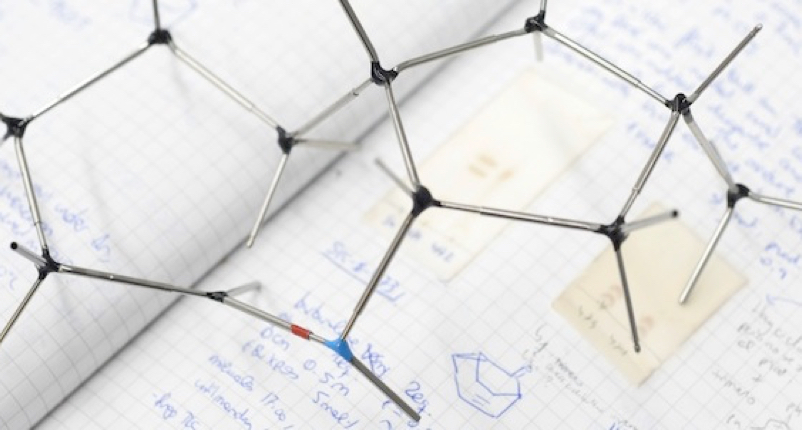Photo-Induced Charge Carrier Recombination Kinetics in Small Molecule Organic Solar Cells and the Influence of Film Nanomorphology Authors
Small molecule organic solar cells (SMOSCs) are at the forefront of organic solar cell research and have power conversion efficiencies that match the leading polymer:fullerene organic solar cells (>10%). However, the operating physics of SMOSCs is less understood than that of their polymer:fullerene counterparts. A stronger emphasis on understanding the working mechanisms of SMOSCs is thus required. This feature article aims to highlight methods for understanding a significant loss process in SMOSCs – charge carrier recombination – by using photo-induced transient optoelectronic techniques. These techniques make it is possible to probe the charge carrier density and lifetime in devices under working conditions. Employing these techniques alongside detailed morphological studies allows relationships between interfacial recombination processes, molecular packing and film nanomorphology to be obtained and can subsequently lead to more efficent devices being produced.

J.W. Ryan, E. Palomares
Adv. Energy Mater. 2016, DOI: 10.1002/aenm.201601509
DOI:
Go to the journal

Let's create a brighter future
Join our team to work with renowned researchers, tackle groundbreaking
projects and contribute to meaningful scientific advancements



















